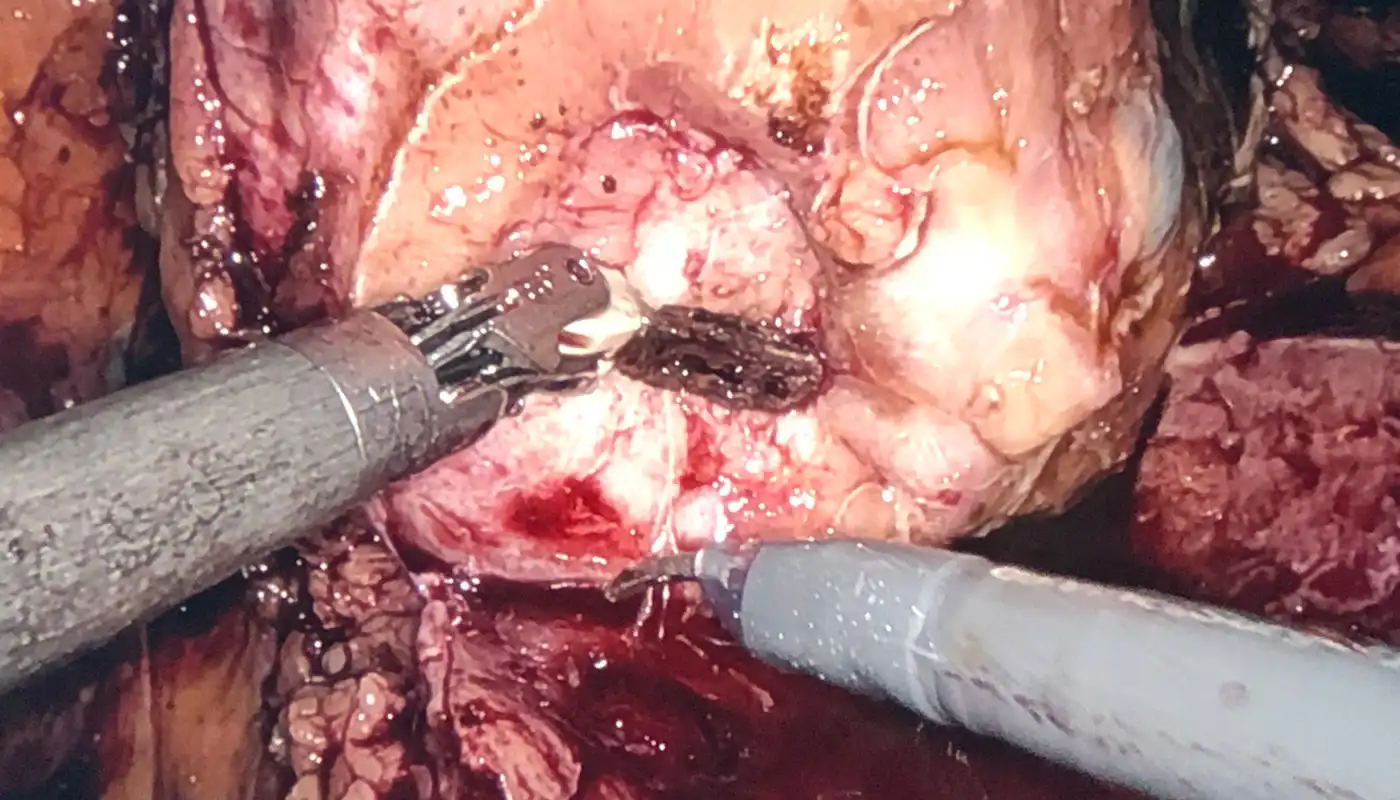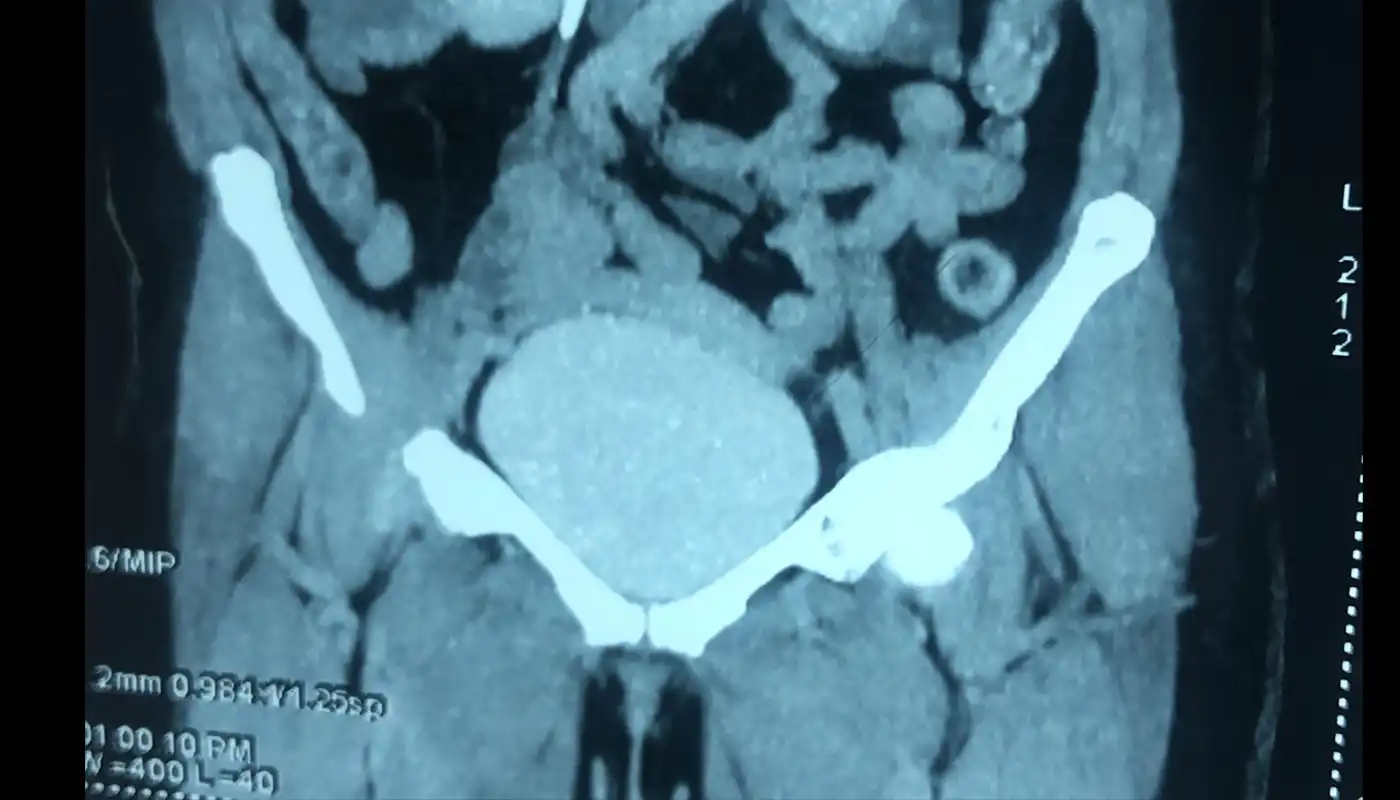Uro-oncology is a subspeciality branch of urology(uro-surgery), which primarily deals with management of all kind of cancers arising from urinary and reproductive tracts. It includes cancers of kidney, adrenal, ureter, urinary bladder, prostate, seminal vesicles, penis and testis.
Though it includes screening, prevention, prompt diagnosis, treatment and palliative care of urological cancers, primary role of uro-oncologist remains on surgical aspect of treatment of patients with urinary and reproductive tract cancers.
Different types Of Urological Cancers
-
Kidney Cancer: It accounts for 3-4 % of total cancers leading to 2-3 cases per lakh population in India per year, this cancer is very well treatable with complete cure and preservation of the kidney as well if it its detected at early stages, Presenting symptoms are hematuria, pain and lump, however it remains asymptomatic till advance stages hence patient don’t visit hospital. Most of the early detected kidney cancers are incidentally detected.

- Adrenal tumors – adrenals are small endocrine glands located above each kidney. These glands are very important for survival as they secrete catecholamines, gluco-corticoids , mineralo-corticoids and sex steroids. Adrenal tumors are rarely cancerous but benign tumors like pheochromocytoma also need timely detection and prompt surgical management to prevent life threatening complications.
- Bladder Cancer: bladder cancer is 4th most common cancer in males and 8th most common cancer in females worldwide. Most common presentation is painless hematuria. It most commonly occurs in 6th decade of life. Smoking remains most important risk factor responsible for 48 to 74% of bladder . risk of bladder cancer due to smoking is dose and duration dependent. If detected in early stage most of the bladder cancers can be managed endoscopically without major surgery, however in muscle invasive stage urinary bladder needs to be removed for complete cure from cancer, further advance stages are treated with multidisciplinary approach using surgery , chemotherapy and immunotherapy.
- Prostate Cancer: This is second most common cancer among men after oro-pharyngeal carcinoma. It can be detected early with the help of physical examination and PSA screening . it’s a hormone depend cancer in early stages. Multimodality treatments are available and recommended base on stage and grade of tumor as well as performance status of the patient. Modalities of treatment include surgical, hormonal, radiotherapy chemotherapy, and Immunotherapy. However robotic radical prostatectomy offers best chances of cancer free survival with acceptable functional outcomes.
- Testicular Cancer: Testicular cancers account for around 1 % of malignancies in men, its incidence in India is 0.5 to 1 per lakh population per year. It affects young bread earner men of family, most commonly 15-40years. Most common risk factor is cryptorchidism. Germ cell tumors account for about 90% of tumors. Diagnosis is by clinical examination and Sonography along with 3 important tumor markers(AFP,HCG AND LDH). Treatment includes multimodalities including surgery, radiotherapy and chemotherapy according to stage of tumor. Every child should be screened for cryptorchidism and should be referred to uro-oncologist if found to have absent testis.
- Penile Cancer: Its etiology is multifactorial, risk factor include status of circumcision, previous HPV, premalignant conditions, smoking and tobacco exposure. As compared to world its more common in Indian population. Incidence is as high as 3.2 per 100000 in some areas in india.


